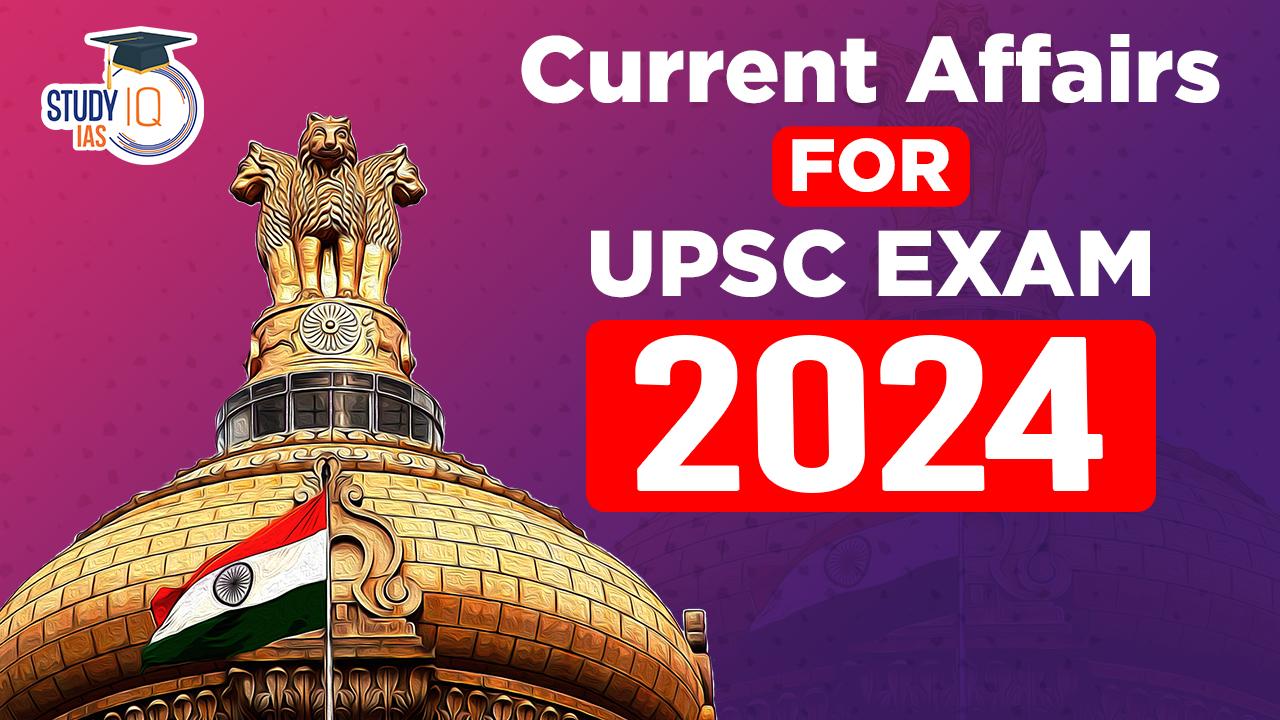Table of Contents
AI- Concerns
Context: The new advancements in AI have raised concerns for the future impact of the technology.
Concerns Related to AI
- Redefinition of Human Merit: AI challenges traditional metrics of merit by performing tasks that surpass human capabilities, making traditional measures of intelligence and creativity less relevant.
- Access to Technology as Merit: Advantage gained through access to AI tools complicates the notion of individual merit, as it may not solely be based on personal abilities.
- Perpetuation of Biases: AI systems trained on biased historical data can exacerbate discriminatory outcomes, disadvantaged marginalised groups.
- Displacement of Jobs: AI’s ability to perform complex tasks can lead to the displacement of high-wage jobs, pushing the workforce towards high-skill or low-skill roles and increasing socioeconomic disparities.
- Opacity and Accountability: The ‘black box’ nature of many AI algorithms obscures the criteria for evaluation, challenging the meritocratic ideal by making it difficult to understand how to advance or challenge decisions made by AI.
- Disinformation Surge: AI-generated deepfakes and disinformation could manipulate voters, especially in countries with limited resources to address it.
- Growing Might of the Already Mighty: AI regulations may inadvertently reinforce the dominance of major players in the AI industry, leading to increased concentration.
- The financial and operational burdens of complying with regulations, such as watermarking and red-teaming exercises, could disproportionately affect smaller companies and startups, entrenching the market power of large firms like OpenAI, Anthropic, and Inflection.
- Perils of Earnest Guidelines: Ethical frameworks for AI development might face challenges due to diverse societal values and differing opinions on risk prioritisation.
- The effectiveness of transparency and auditing requirements for AI systems is questionable, especially when relying on self-reporting by companies that may have inherent conflicts of interest.
We’re now on WhatsApp. Click to Join
IPCC – Assessment Reports
Context: The UN Intergovernmental Panel on Climate Change (IPCC) initiated its seventh cycle (AR7) by electing an IPCC bureau.
| Facts |
|
AR6 (Sixth Assessment Report)
- Main Findings:
- The urgent need to limit global warming to 1.5 degrees Celsius above pre-industrial levels, as per the Paris Agreement.
- It emphasised that the window to achieve this goal is closing and that we are nearing adaptation limits.
- The report also offered strategies for mitigation, adaptation, and building resilience in both natural and human-made systems.
- Outcome: Provided a foundation for global climate action and informed the urgency of addressing climate change.
AR7 (Seventh Assessment Report)
- Initiation: The IPCC initiated the AR7 cycle by electing a new bureau and meeting in Turkey in January 2024 to discuss the future work program and report timelines.
- Preparatory Work: Included a consolidation of learnings from the AR6 cycle and input from 66 member countries on report types, special reports, and the need for comprehensive assessments.
- Reports to be Produced: Full assessment and synthesis reports, methodology reports on short-lived climate forcers and carbon removal, and a special report on climate change and cities.
- Timeline Considerations: A decision on the timeline is pending and will be addressed in the 61st session of the IPCC. However, special and methodology reports are scheduled for publication in 2027.
| Global Stocktake (GST) |
|
SC – Money Bills
Context: Pleas challenging the use of money bills for passage of important legislation, are pending before a seven-judge bench of the Supreme court.
About Money Bills
- Article 110: It defines a Money bill.
- A money bill is a bill that, in the opinion of the Speaker of the Lok Sabha, deals with taxation or the appropriation of public funds — the Consolidated Fund of India or the Contingency Fund of India.
- Article 110(1)(g): Any matter incidental to any of the matters specified in Articles 110(1)(a)-(f)” can also be a Money Bill.
- A money bill is a bill that, in the opinion of the Speaker of the Lok Sabha, deals with taxation or the appropriation of public funds — the Consolidated Fund of India or the Contingency Fund of India.
- Procedure For Passage:
- Lok Sabha:
- Minister introduces the bill.
- Lok Sabha debates and votes on the bill.
- If passed, sent to Rajya Sabha.
- Rajya Sabha:
- Has 14 days to consider the bill.
- Can make recommendations, but cannot reject or amend.
- Returns bill to Lok Sabha with or without recommendations.
- Back to Lok Sabha:
- Lok Sabha considers Rajya Sabha recommendations.
- Can accept or reject recommendations.
- If accepted, bill passed in modified form.
- If rejected or not returned within 14 days, bill passed in original form.
- President:
- Receives the passed bill.
- Can give or withhold assent, but cannot return for reconsideration.
- Normally assents to money bills due to prior permission.
- Lok Sabha:
| Key Facts |
|
Concerns related to Money Bill
- Scope of a Money Bill: The constitution stipulates that a money bill can only include matters of taxation, borrowing, expenditure, and other related issues.
- However, there have been instances where bills with broader implications have been introduced as money bills, which may not strictly adhere to these conditions.
- For e.g. Prevention of Money Laundering Act (PMLA) Amendments, Finance act, 2017, Aadhar Act 2016.
- Bypassing the Rajya Sabha: The government can pass important legislation without the need for approval from the Rajya Sabha by categorising a bill as a money bill. This can be problematic when the government lacks a majority in the Rajya Sabha and wishes to avoid the potential for amendments or rejection.
- Democratic Process and Federalism: The use of the money bill provision to pass wide-ranging legislation may undermine the role of the Rajya Sabha, which is crucial for the representation of states and for detailed legislative scrutiny, therefore impacting the federal structure and the legislative process intended by the constitution.
- Privacy and Security Risks: In cases like the Aadhaar bill, there were concerns about the risks to individual privacy and national security. Critics pointed out that such significant issues should warrant thorough legislative scrutiny beyond the Lok Sabha.
- Legislative Intent and Transparency: When laws that have far-reaching consequences are passed as money bills, it raises questions about the transparency and intent of the legislative process.
- However, there have been instances where bills with broader implications have been introduced as money bills, which may not strictly adhere to these conditions.


 Places in News for UPSC 2025 for Prelims...
Places in News for UPSC 2025 for Prelims...
 New Phase of Operation Chakra to Combat ...
New Phase of Operation Chakra to Combat ...
 Soyuz Aircraft: History, Design and Sign...
Soyuz Aircraft: History, Design and Sign...





















